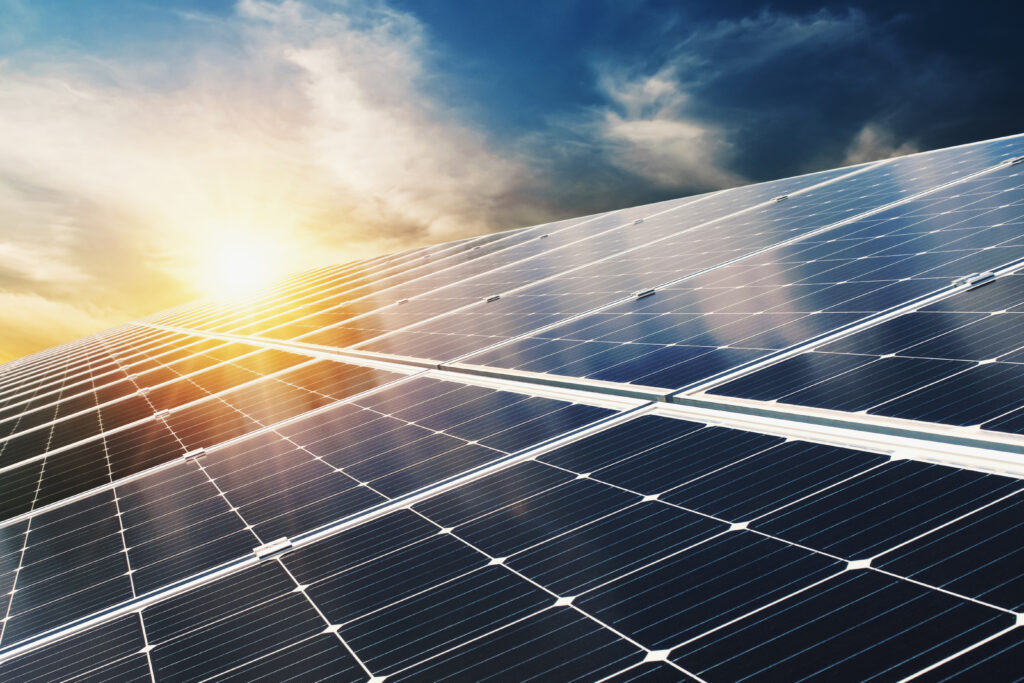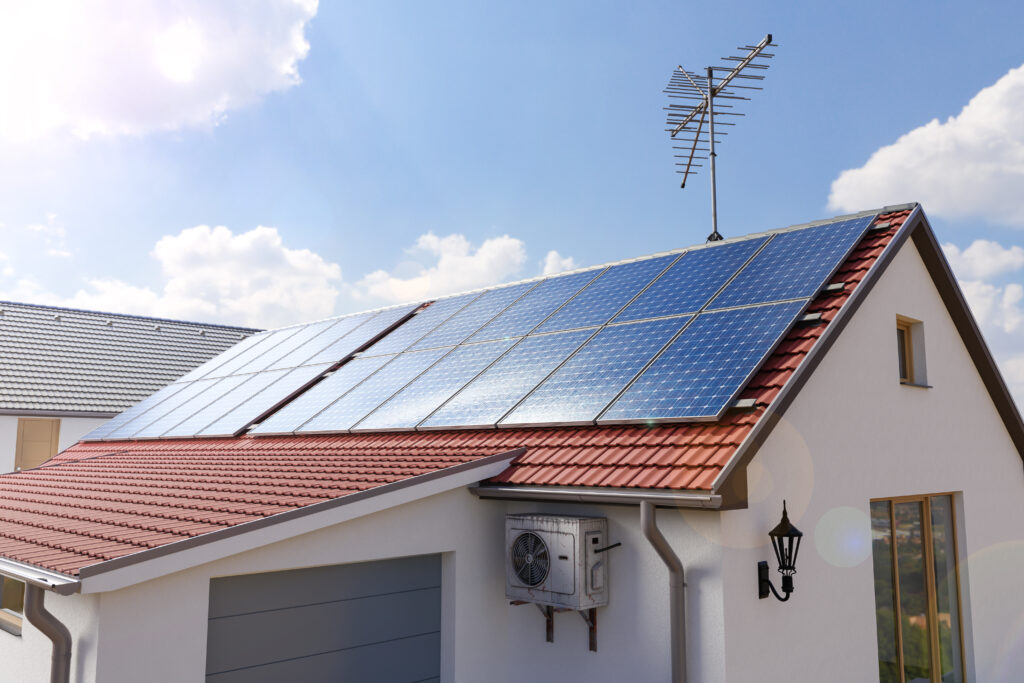
What are solar panels?
“Solar panels are made up of silicon cells with a glass over it to protect it against elements and aluminum frame.
They convert light which is called photons reflected by the sun and turn it into electricity which you can use in your house.”

What are the differences between electricity generated through Eskom vs solar panels?
“Typically with Solar panels you can only generate electricity during the day, even when it’s cloudy. That electricity can also be stored for night time usage by the use of batteries or the more commonly used Lithium batteries due to their longevity.
Electricity generated by ESKOM, is generated by the use of coal, diesel, hydroelectricity or nuclear power.
Solar is more cleaner energy.”

How much money can one save when using Eskom electricity vs solar generated power?
“Example: if you have a 500w solar panel and on a day you have 5 productive sunlight hours on average with more in summer than in winter.
How you calculate: 500w * 5hrs = 2.5kws which means 2.5kws can be produced from one 500w panel a day. 2.5kws * R3 (you pay to eskom is) R7.50 * 365 days = R2,737.5 saving from one solar panel and the cost of that solar panel is R3,500 which means in two years you can make your money back with the exception of installations.
Solar panels last you 25 years with very little maintenance i.e. cleaning it once or 3 times a year to maximize solar generation.”

What is the investment dependent on?
“If a family of four people that normally has a bill of R2,000 every month, a typical invest of R150,000 will include lithium batteries can take care of your electricity consumption 90% in summer and 60% in winter.
A solar system can pay itself back in 7-8 years if you calculate it at 8% increase in electricity tariffs; which is quite conservative because Eskom is always pushing for more.”

The Benefits of solar panels
“A R150,000 solar panel investment typically includes:
1. 5kw Solar array
2. 11kw Lithium Storage
3. Inverter Battery
The benefits of that is, you use your solar generation during the day to cater for your loads and also to recharge your batteries and then at night you can take 50% from the backup and keep some for loadshedding.
Other benefits you can’t quantify in terms of monetary value, are having electricity during loadshedding especially for people working from home or kids that have to study for exams.
You can get solar systems for even less but you wouldn’t have battery storage capacity”

Lifestyle changes we can all do to save power and money.
“1. Minimise any sort of wastage i.e. turning the lights off.
2. Changing Halogen lights to LED lights ( they last over ten times longer while consuming 85% less electricity)
3. Change or update your fridge and washing machine to more energy efficient
4. Think of installing a solar geyser.
5. When making coffee/tea boil only the amount you need.”
Thank you Aldre from SOLAR AND GAS – learn more about their services at www.solarandgas.co.za/, watch the full interview on our instagram

